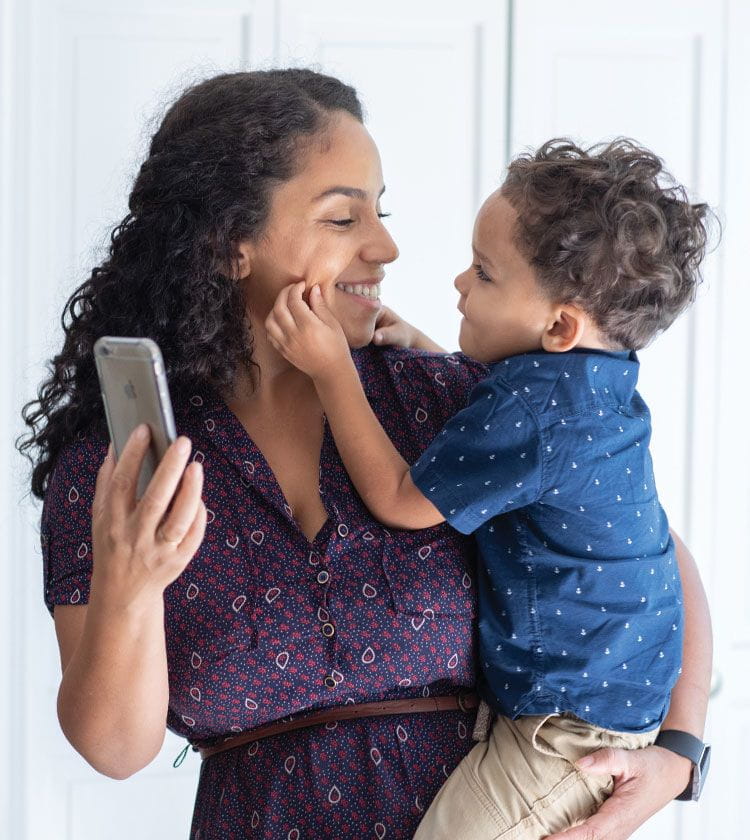What is an early learning center?
An early learning center is a specialized child care solution dedicated to fostering a child’s cognitive, social, and emotional growth. These centers employ highly trained educators who create engaging experiences tailored to each child's unique needs.11 benefits of early learning centers
Enrolling your child in an early childhood learning center can have a profound impact on their future. Here's why:
- Self-Identity: Children explore their interests, abilities, and personality traits, fostering a solid foundation for personal growth and development.
- Confidence: Through hands-on experiences and supportive guidance from their teachers, children cultivate confidence in their abilities and potential.
- Social-Emotional Skills: Children develop essential social and emotional skills, such as empathy, cooperation, and self-regulation.
- Creativity: Children engage in a variety of activities and will experience the arts daily — storytelling, coloring, making music, dancing, engaging in dramatic play, and more.
- Wellness Habits: Children have the opportunity to try new foods alongside their peers. Exposure to nutritious foods helps children develop positive habits that contribute to overall well-being.
- Communication and Problem-Solving Skills: Children learn to express their thoughts and ideas clearly while developing strategies for resolving conflicts and challenges.
- Fine and Gross Motor Skills: at every age and stage, children refine their motor skills through play and structured activities, promoting physical coordination and balance.
- Eagerness to Learn: Children’s natural curiosity leads to exploration and discoveries, and a positive early education experience lays the foundation for a lifelong love of learning.
- Math Concepts: Children are introduced to basic mathematical concepts and skills, developing a strong number sense and problem-solving abilities.
- Early Literacy: Exposure to books, storytime, and language-rich experiences helps children build a strong foundation for reading and writing.
- Listening and Vocabulary: Children enhance their listening skills and expand their vocabulary through interactions with peers and adults.
Early learning center vs. daycare: key differences
While there is overlap, an early childhood learning center and daycares have distinct focuses:
- Curriculum: An early learning center has curriculum plans made up of engaging learning experiences and the ability to document a child’s developmental progress across multiple learning domains. Daycares often do not offer classroom experiences that follow a child’s curiosity.
- Staff qualifications: An early learning center typically invests in professional development and training in early childhood education for their teachers. Daycare providers may have a wider range of qualifications.
- Focus: An early learning center prioritizes cognitive development and academic preparation. Daycare primarily focuses on child care and basic needs.
Every child is unique, and the best child care option depends on your family's needs and preferences. Discover our programs with age-specific support for every stage, from infants to pre-kindergarten.


